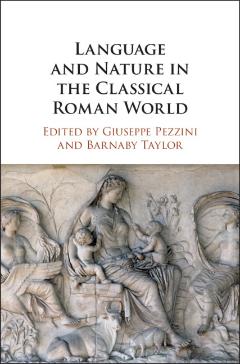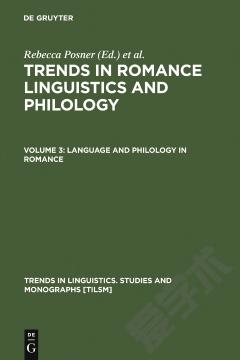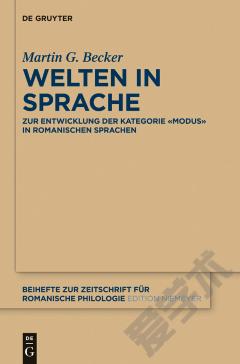Language and Nature in the Classical Roman World
A familiar theme in greek philosophy, largely due to the influence of plato's cratylus, linguistic naturalism (the notion that linguistic facts, structures or behaviour are in some significant sense determined by nature) constitutes a major but under-studied area of roman linguistic thought. Indeed, it holds significance not only for the history of linguistics but also for philosophy, stylistics, rhetoric and more. The chapters in this volume deal with a range of naturalist theories in a variety of authors including cicero, varro, nigidius figulus, posidonius, and dionysius of halicarnassus. The result is a complex and multi-faceted picture of how language and nature were believed to interrelate in the classical roman world.
{{comment.content}}








 京公网安备 11010802027623号
京公网安备 11010802027623号